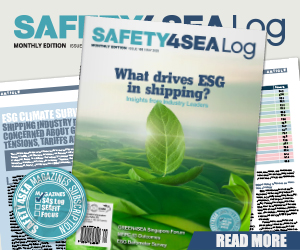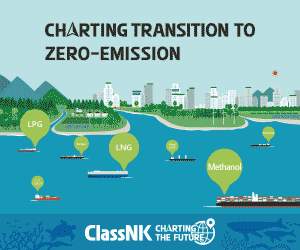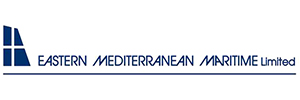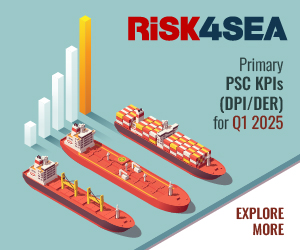The UK Chamber of Shipping has placed strong emphasis on the urgent need for sustained Government support for seafarer training.
In a statement issued on 11 June, the Chamber responded critically to the Government’s 2025 Spending Review, highlighting missed opportunities to support the shipping sector. Kathryn Neilson, Director of the Merchant Navy Training Board, underscored that continued investment in workforce development is critical to safeguarding the future of the UK’s shipping industry.
While welcoming the Government’s recent decision to extend the Support for Maritime Training scheme until March 2026, Neilson stressed that this commitment must go further, calling for funding guarantees for the full duration of the current Parliament to provide the certainty needed for long-term planning and workforce development.
She also highlighted the growing skills gap across the maritime sector and praised the Secretary of State for Transport’s recent pledge to help address this challenge. Neilson urged the Government to deepen its support for the industry-led national awareness campaign, There’s Always More to Sea, which plays a key role in promoting maritime careers and attracting a more diverse talent pool.
She emphasized that such collaboration is vital not only to meet the immediate demand for skilled workers but also to ensure the industry is well-equipped for the future, particularly as it adapts to emerging technologies and decarbonisation goals.
The Chamber made clear that the future success of UK shipping, economically and environmentally, depends on a steady pipeline of well-trained professionals, and it stands ready to work closely with Government to meet these ambitions.
To remind, the Mapping a Maritime Just Transition for Seafarers paper by Maritime Just Transition Task Force had revealed the following 3 scenarios and possible training implications
- Scenario #1: 50 % reduction in GHG emissions compared to 2008: 300,000 seafarers would require some additional training for alternative fuels and new engines by 2050
- Scenario #2: Decarbonization by 2050: 750,000 seafarers would require some additional training by 2050
- Scenario #3: Zero carbon by 2050: 450,000 seafarers would require some kind of additional training by 2030, and 800,000 seafarers by the mid-2030s
Furthermore, Stef Kenyon, Director of External Affairs, emphasized the industry’s significant economic impact, contributing £16 billion directly and £46.2 billion through its supply chain, supporting over 728,000 jobs. She noted the vital role of shipping in powering global trade, sustaining lifeline ferry services for over 2.4 million people, and enabling the UK’s energy transition, particularly in offshore wind. However, she expressed disappointment at the lack of targeted measures to bolster the competitiveness of UK shipping and reiterated calls for temporary exemptions from the UK ETS for essential ferry routes.
Kenyon also urged the Government to commit to a robust package of long-term funding to support decarbonisation, including alternative fuel infrastructure and continued investment in programmes like UK SHORE, the Clean Maritime Demonstrator Competition (CMDC), and Zero Emission Vessel and Infrastructure (ZEVI).

































































